When preparing for the spring planting season it’s important to ensure that your seed will have the best possible chance of becoming established and growing into a thriving crop. A couple of ways to work towards a great crop is to start with clean seed that has been tested for germination.
What does “clean seed” mean? This term refers to a seed lot that has been run through a seed cleaning plant to sieve out the damaged and shrunken seeds, small seeds, and other dirt and debris. This type of process will remove a large proportion of the dirt, undesirable seeds, and particles from the seed lot. Some seed cleaning facilities also have equipment that will colour sort the seed removing another level of undesirable seeds, off-colour, and green seeds. Seed cleaners and colour sorters can be used to remove diseased seed, which is often discoloured and shrunken or shriveled.
Testing a seed lot for disease, germination, and vigour will serve as an indicator for the quality of the seed in the lot. It is best to do these tests after the seed lot has been cleaned. Testing “dirty” seed samples will not give a true indication of seed viability and quality.
The Government of Saskatchewan Agriculture recommends testing seed lots for germination in the spring because seed quality can decrease in the bin over the winter due to many factors including immature seeds, sprouted seeds, and seeds damaged during harvest.
Some labs provide vigour testing, which is a measure of germination of the seed in less than ideal growing conditions. Labs germinate seed samples at low temperatures that simulate typical spring growing conditions in the Prairies. The results of these vigour tests are very valuable in providing insight into expected seed performance in field conditions.
Understanding if a seed lot has seed-borne disease present will help you determine if you should be using a fungicide seed treatment or not. Seed labs can assess the levels of seed-borne pathogens including Fusarium and true loose smut. According to Government of Saskatchewan Agriculture, Fusarium testing is only an advisory test as it is not recognized as an accredited test by the Canadian Food Inspection Agency even though labs make an effort to follow standardized procedures for isolating and identifying Fusarium species.
Seed treatments are a tool that can help protect seed viability by providing improved germination, better stress tolerance, and increased vigour, but seed treatments will not fix a poor seed lot. Some seed treatments are designed to protect a seedling from root infection and early leaf diseases and some treatments are designed to be effective before the seedling emerges.
If spring growing conditions are less than ideal, which they usually are, the benefits of using a seed treatment will be evident in its positive effects on plant emergence, stand and yield.
Talk to you Emerge Ag Solutions representative about our seed treating and cleaning services and our state-of-the-art colour sorter.
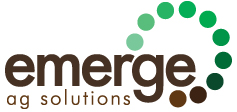
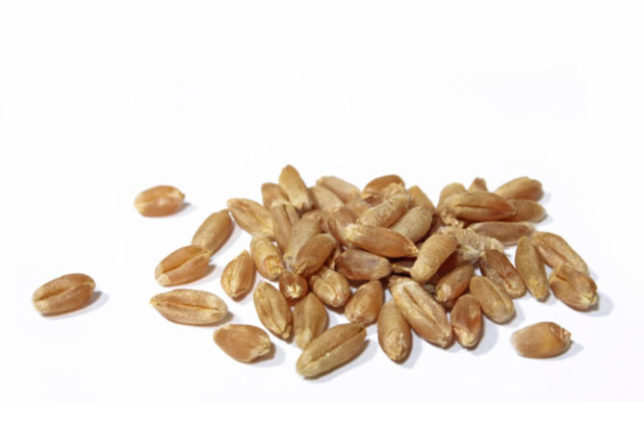
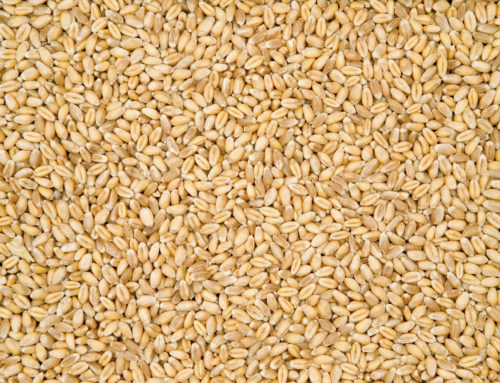
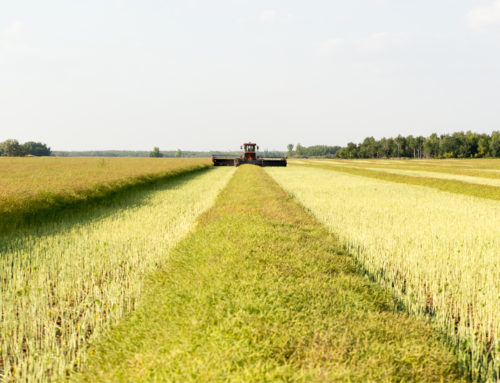
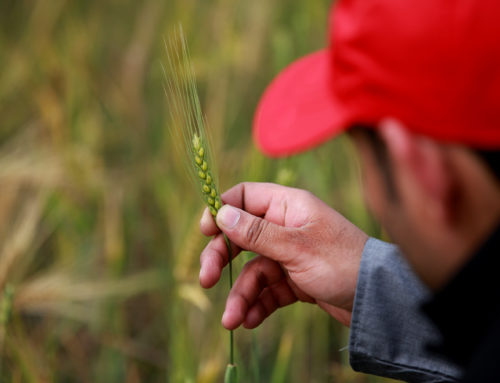


Leave A Comment